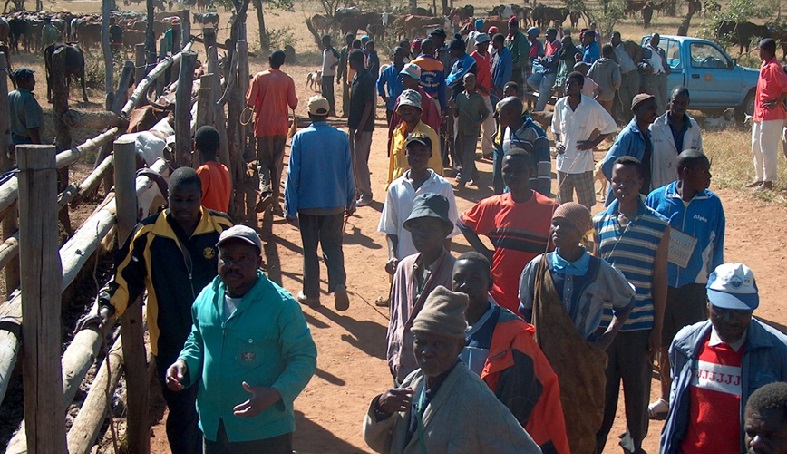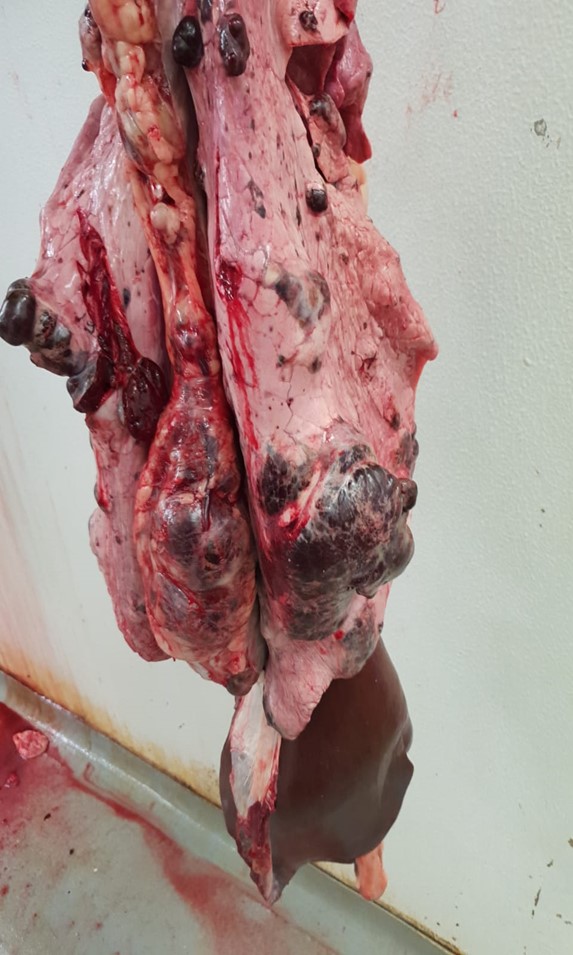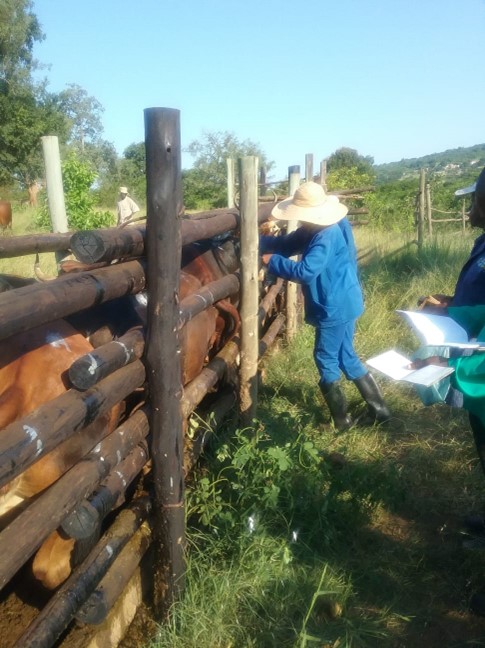By Matsobane Manaka
(Information supplied by Dr Moses Mabunda)

The health threat was put under the microscope at the 8th World One Health Congress. The Congress sought to find ways to protect human, animal, and environmental health from any type and concentration of contaminant which may cause harm to health. This was further necessitated by the change in climate conditions and the loss of nature, that may cause potential risk of weakening the ecosystem which human, animal and environmental health depend on.
The Congress, which was held at Cape Town International Convention Centre from 20-23 September 2024, had through One Health Approach, fostered a collaborative, holistic understanding of health, driving positive change for humans, animals, and the environment.
The human, animal and environmental health are interlinked. A majority of emerging, re-emerging, and endemic human diseases have their origins in animals, and diseases of animals can have additional implications for human health through food safety and food security. There is therefore a shared responsibility and synergic potential for collaboration between public and animal health sectors in their efforts to combat zoonotic diseases.
The World Health Organisation (WHO), the World Organisation for Animal Health (WOAH) and Food and Agriculture Organisation of the United Nations (FAO) have been active promoters and implementers of an intersectoral collaborative approach among institutions and systems to preventing, detecting, and controlling diseases among animals and humans. WHO and WOAH are the two main international organisations responsible for proposing references for public health and animal health sectors respectively. They have developed various frameworks, tools, and guidance material to strengthen the capacities at the national, regional and global levels.
Core principles of One Health Approach include the interconnectedness where human, animal, and environmental health are linked; interdisciplinary collaboration where experts from various fields work together; and holistic approach which considers physical, social, and economic factors.
The areas of focus are on zoonotic diseases (e.g., rabies, influenza, COVID-19); antimicrobial resistance, food safety and security, environmental health (e.g., climate change, pollution) and animal welfare.
The benefits will be improved human health, enhanced animal health, environmental protection, economic benefits and increased global health security.
The interdisciplinary collaboration is necessary to share data and expertise, coordinate surveillance and response, develop and implement joint policies, conduct research and training, and enhance communication and community engagement.
One Health competencies include, but not limited to: interdisciplinary collaboration, communication and advocacy, disease surveillance and response, risk assessment and management, and global health perspective.
Four delegates from Veterinary Services who were part of the congress, sit and participate in Provincial Committees One Health and Outbreak Response programs/teams, with various departments within the province. They are Dr Lucy Mashego-Sepale and Gana Shalati who represent Animal Health and Public Health respectively, together with Dr Kgabo Letsoalo attached to Laboratory Diagnostic, and Malebo Lekgethisho, who represents Epidemiology sub-directorates.




